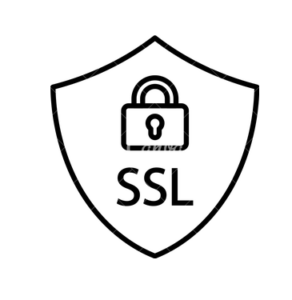Learn how to fix the depth_zero_self_signed_cert Validation error in cPanel. Our cPanel Support team is here to help you with your questions and concerns.
How to Fix depth_zero_self_signed_cert Validation Error in cPanel
 According to our Experts, the depth_zero_self_signed_cert error usually means that there is an issue with our SSL certificate.
According to our Experts, the depth_zero_self_signed_cert error usually means that there is an issue with our SSL certificate.
In other words, it means that the certificate is self-signed and lacks backing from a valid certificate authority (CA).
Browsers and other applications need a chain of trust starting from a trusted CA and ending with the website’s certificate. A self-signed certificate breaks this chain, leading to the error.
An Overview:
Common Causes
Here are some of the reasons behind this error:
- The server is using a self-generated certificate instead of one issued by a trusted CA.
- The certificate is not installed correctly or is missing intermediate certificates.
- The certificate may have expired.
Common Fixes
- If we control the client environment, we can add the self-signed certificate to the list of trusted certificates. This will establish the necessary trust for the certificate.
- Alternatively, we can purchase and install an SSL certificate from a trusted CA.
To install the SSL Certificate, we have to log in to cPanel. Then, go to the “SSL/TLS” section. Next, click on “Manage SSL sites” and install the new certificate.
- In development environments, we can bypass SSL verification if security is not a concern. However, our Experts do not recommend this for production environments due to security risks.
- Additionally, make sure the full certificate chain, including intermediate certificates, is correctly installed on the server.
We can combine Certificates by creating a file combining the certificate and the intermediate certificates.
Then, install this combined certificate on the server.
- Remember to restart the web server after making changes to the SSL certificate.
- If the error still occurs, check for other configuration errors or firewall issues that might be interfering with SSL connections.
[Need assistance with a different issue? Our team is available 24/7.]
Conclusion
In brief, our Support Experts demonstrated how to fix the depth_zero_self_signed_cert Validation error in cPanel.







0 Comments